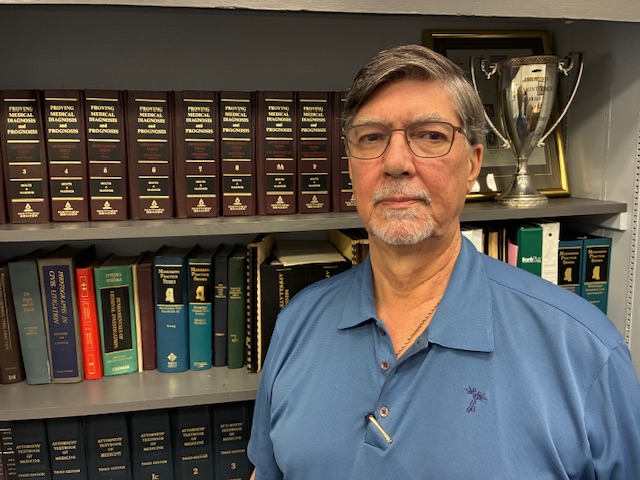Advocates: Rule knocks Miss. poor off Medicaid
Published 11:15 pm Thursday, April 2, 2009
JACKSON (AP) — Poor Mississippi residents who rely on state and federal health insurance face a burden their counterparts in other states don’t — they must show up in person at a Medicaid office every year to renew health coverage for themselves and their children.
Advocates say the four-year-old policy means children are being denied insurance because their parents don’t have transportation or can’t take time off from work.
The rule was enacted to help prevent fraud. But Dr. Tami Brooks, a pediatrician in Jackson, says people are missing appointments because Medicaid offices have limited hours and few cities in the mostly rural state have public transportation systems.
‘‘This one child had hemophilia, but had lost Medicaid benefits because his mom couldn’t get off work,’’ said Brooks, who is also the legislative liaison for the Mississippi Chapter of the American Academy of Pediatrics. ‘‘They have no choice but to go to the ER.’’
Census figures show the number of uninsured Mississippi children has increased to 146,000, up 72 percent, since the face-to-face policy was implemented in 2005, said Brooks, who attributed the increase to the policy. Before that, when recipients could reapply by mail, Medicaid served about 621,394 of the state’s nearly 3 million residents. The current enrollment is around 568,000, including children.
An effort by health advocates to eliminate the policy died this week at the state Capitol, but House Medicaid Chairman Dirk Dedeaux, a Democrat from Perkinston, says it will be revived when lawmakers return in May or June.
It’s a move sure to be opposed by Republican Gov. Haley Barbour, who was the architect of the policy and praised its effectiveness during his state-of-the-state address this year.
‘‘We have enacted reforms because we know it is wrong for a family to work hard at two or three jobs, to raise their kids and pay for their health care, and then have to turn around and pay extra taxes so others who are able to work and take care of themselves choose not to but instead get free health care at taxpayers’ expense,’’ Barbour said.
Medicaid spokesman Francis Rullan said the policy has helped the program remain solvent by removing those not eligible for benefits, but he said there’s no way to prove the process has reduced fraud.
It’s created hardships for people like John Hawkins, a teacher whose income is low enough for his children to qualify for a federal health insurance program administered by the state that has the some of the same rules as Medicaid.
When he and his wife moved from one county to another, he made numerous calls to find the right office to recertify his nearly 2-year-old daughter for the program. After he filled out all of the paperwork, it was lost.
‘‘We had to take our daughter to the doctor in the in-between time. We didn’t know we didn’t have benefits,’’ Hawkins said. ‘‘It cost us about $500 out-of-pocket for a couple of minor checkup visits.’’





